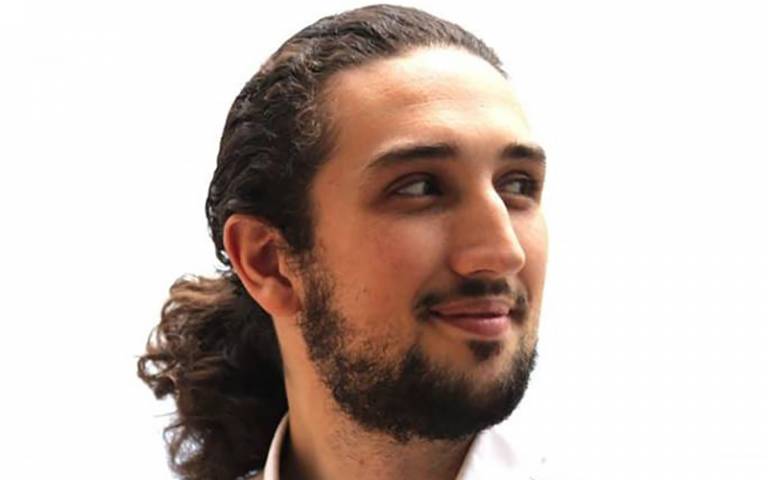Ludovico Saint Amour di Chanaz

Job title: PhD student at Universitat de Barcelona
Who did you find inspiring at UCL and why?
I found the teachers inspiring. In particular the ones that accompanied me during my research project. The way courses are taught at UCL and the philosophy of exams resting on essays and on research work was really useful and I felt more prepared to real-life work than any other course I have been in.
What is your fondest memory of your time here?
My fondest memory of the time at UCL was the evenings spent at the student residences to sing and play guitar with fellow students.
Tell us a bit about the work you’re doing now...
I am currently wrapping up a PhD in Cognitive neurosciences that focuses on the neural underpinnings of memory mechanisms in the human hippocampus.
How did your UCL degree help you get to where you are now?
My UCL degree was useful in three main ways.
- The prestige: the UCL name opens doors, and although I do not really enjoy the fact that some schools are more recognised than others, it did help a lot.
- The education: there is a reason why UCL is one of the best universities in the world in neuroscience, and that is the education. In my year of masters at UCL I learned more than during the following year and even the first year of my PhD. The encouragement and the brilliance of the scientists at UCL as well as the materials and funding all make UCL an incredible place to study and after a year there I could really see the difference between those who went to UCL and those who did not. This difference was seen in many areas: Fluency with English, ability to read, understand and integrate scientific papers, critical thinking, and writing skills. At UCL all exams trained us to critically think and review the literature. We were not graded by our ability to learn by heart a course but rather on our ability to search information, reflect on it and use it to answer a scientific question. The exams themselves were interesting and I wish all schools had the same teaching philosophy.
- The environment: everyone at UCL is brilliant, and being surrounded by brilliant minds only raises the bar higher and pushed me to new heights.
What have been your career highlights?
My career highlights I believe I am living one now. I am finishing my PhD and writing an article about a very complex analysis that I carried out on my own and am going to write a paper about a new method that I developed and that rivals ones made by scientists far more knowledgeable than I am. This, I think, is one of my proudest moments. With COVID it's not like I had the chance to have many others though.
What would be your advice for current students?
My advice for current students is to open their eyes to the possibilities. After my PhD I am going to change careers in order to go into scientific divulgation. Research is amazing, and it will hold a place in my heart forever, but one must also be conscious of the real-life difficulties that this career brings that are economical (low salary and precarious contracts), social (moving every two years for a postdoc and late hours) and interpersonal, including relationships (starting adult life around 28 to 30 years old makes for heightened risks of anxiety and depression). It's important to be conscious of that and to always keep an eye on what may come next.
Research is not a closed path and it can offer many joys but also many paths to other things that can also be fulfilling and that will very likely be more secure financially. While being a Master's student it's the perfect time to look around, and to try things out. A PhD is three to four years and by the end of it most people think it's too late. Do not hesitate to think outside of the box and to view your path as something different than a straight line. It's fine to go in uncharted territory, it's fine to change, and it's fine to go back at times.
The second advice I’d give is always be curious. Whether a person becomes a researcher or not, knowledge helps. In my case I have managed to make connections between phenomena that seemed unrelated by seeking out papers and knowledge where no one in my lab sought them. I do cognitive neuroscience so naturally everyone was reading fMRI and EEG papers. I was reading single cell recordings, patch-clamp, genetics studies and molecular biology studies, as well as physics papers, that allowed me to view my thesis and my subject under a wider light and to better understand what was happening. Be curious. It is the essence of research and learning, and curiosity will always bring more knowledge, and knowledge will never be useless.
 Close
Close

